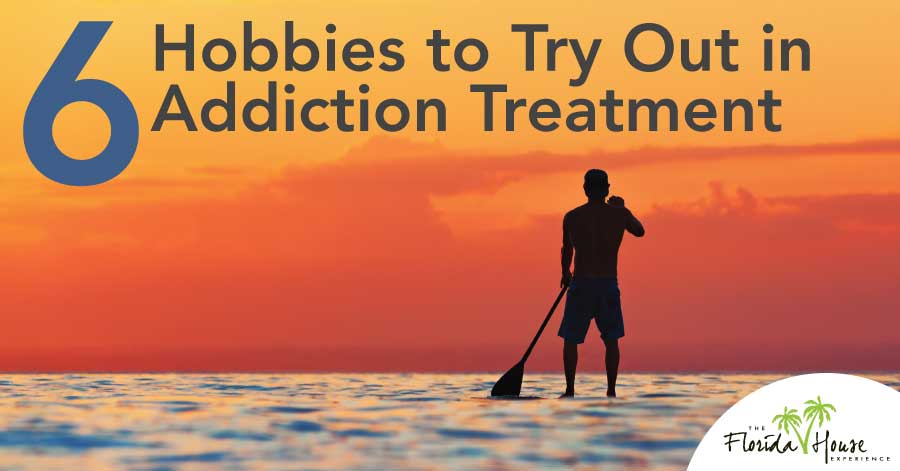
Addiction treatment is considered one of the most vital steps in an individual’s recovery for achieving long-term sobriety. The design and structure of addiction treatment centers are so that all of the patient’s activity is monitored, the days are structured, and the environment is safe for guiding them through the most difficult aspects of the process toward freedom from addiction.
Downtime in Addiction Treatment
Within this heavily structured environment, however, there tends to be a lot of downtime in order to help the individuals to make a full recovery. This downtime is a privilege that those in addiction treatment can use to support their recovery in productive ways such as exploring new hobbies and repairing relationships and other issues in their lives.
In our experience at Florida House, we have found that those individuals in addiction treatment that choose to take part in finding new hobbies have a significantly greater level of success for staying sober. For clarity’s sake, the term addiction treatment can refer to both residential programs, which offers a higher level of care and transitional living (outpatient) that offers a greater deal of freedom as individuals prepare for a life of independence free from substance abuse.
There are many different hobbies that an individual in addiction treatment can try out, some, more practically, in outpatient care. These hobbies can help these people to build sober skills and give them tools to fill their downtime once they are out of addiction treatment and back in their normal lives in order to avoid relapse. Let’s take a look at some of the potential hobbies that can be developed in addiction treatment.
Healthy Hobbies, Healthy Life
Developing healthy hobbies are a fantastic way to lay the foundation of a happy, healthy and enjoyable new future as a sober individual. Let’s be clear – sober life is amazing, and while we may not think that as we are in a sicker state of mind watching movies when we’ll be getting our next high, there is a whole world of fun that becomes available to us when we get clean. We offer six ideas for healthy hobbies to consider both during your stay at inpatient addiction treatment centers as well as in transitional living programs that can help catapult your experience of recovery to the next level:
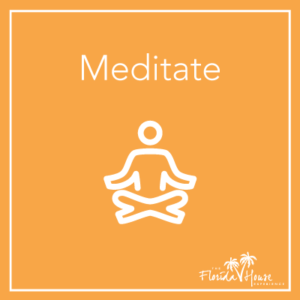
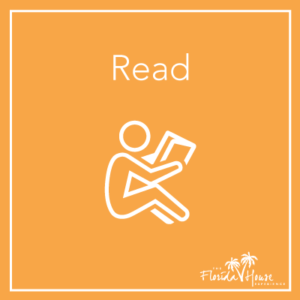
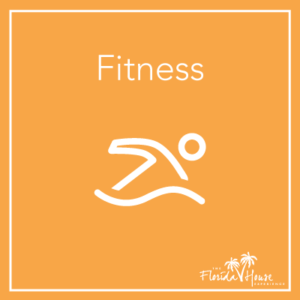
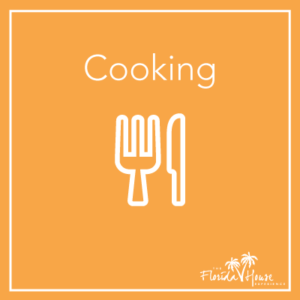
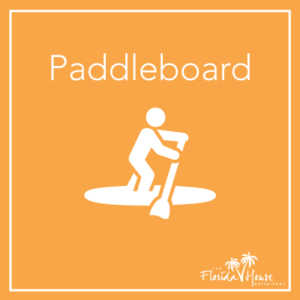
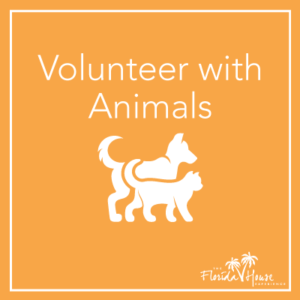
Hobbies are a Powerful Friend to Sobriety
Hobbies are certainly powerful for individuals who are on their journey to sobriety. Addiction treatment offers recovering individuals the exceptional opportunity to meet their immediate daily needs in addition to exploring new hobbies to incorporating them into their newfound lifestyle. In our experience at Floria House, becoming more comfortable with reading and meditating during a patient’s stay at inpatient addiction rehab is life changing. Once they complete their stay and move over to transitional living, there are additional opportunities granted by the freedoms afforded by a lower level of care. Physical fitness, cooking, paddle boarding, and volunteer work with animals have been shown to provide recovering individuals a full schedule of activities they love but never believed they would be able to pursue during their previous way of life as an addict.
If you are looking to speak to someone about addiction treatment for you or someone you love, do not hesitate to contact Florida House at 833-596-3502. Our compassionate team of counselors are standing by 24/7 to take your call.






